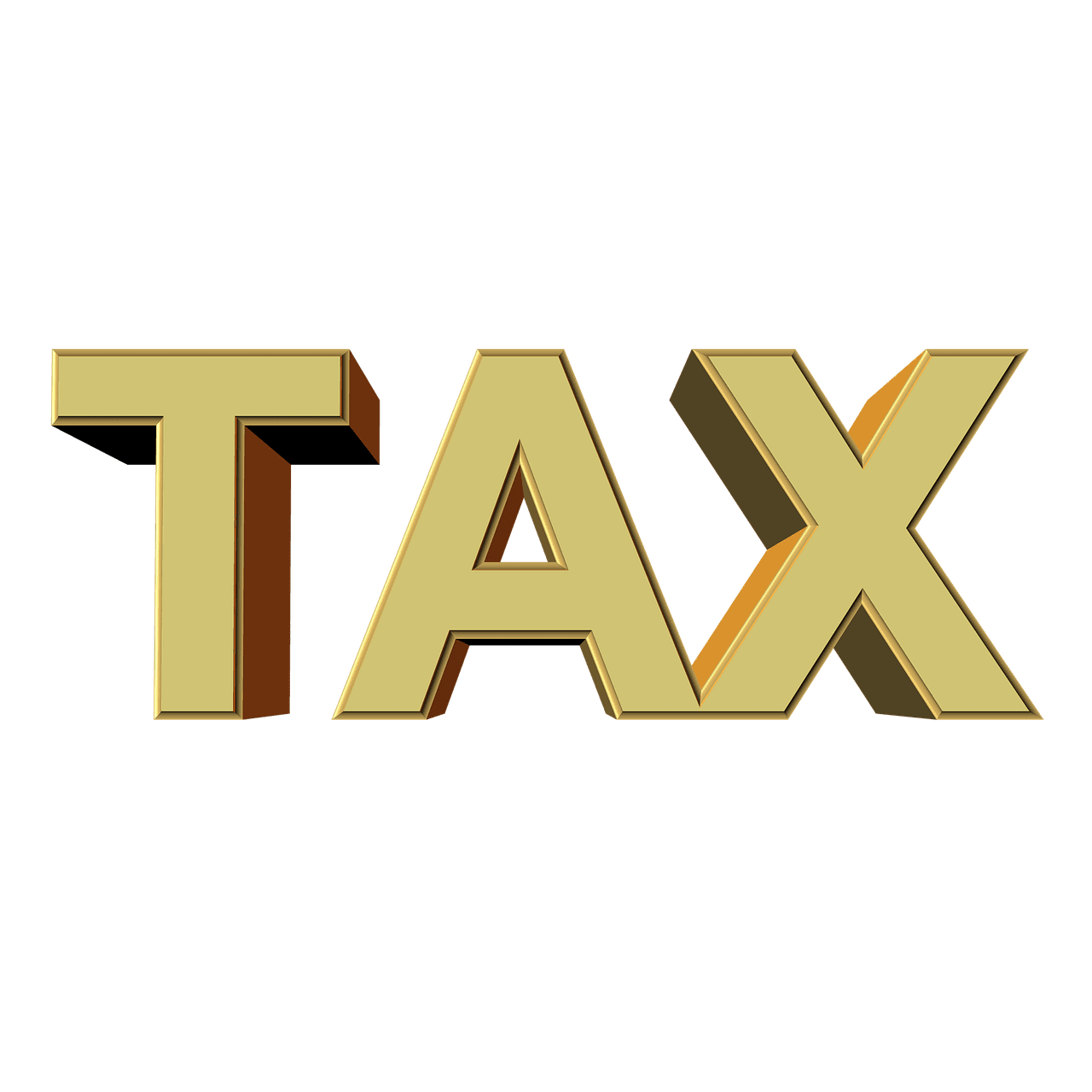Profits from cryptocurrency trading are now taxable in Nigeria following the enactment of the 2023 Finance Act on May 28, 2023, signed into law by former President Muhammadu Buhari. Although the law was signed later, it became effective on May 1, 2023.
How Much Is Taxable on Crypto Gains in Nigeria?
Under the 2023 Finance Act, digital asset traders are required to pay 10% of their profits as tax to the Nigerian government.
Specifically, Section 3(a) of the 2023 Finance Act, which amends the Capital Gains Tax Act (CGTA), introduced the term “digital assets” as part of an effort to reform Nigeria’s tax laws.
Previously, cryptocurrency was not explicitly mentioned in tax legislation. However, the amended section now includes the term “digital assets.” Here’s what Section 3(a) states:
“Subject to any exceptions provided by this Act, all forms of property shall be assets for the purposes of this Act, whether situated in Nigeria or not, including options, debts, digital assets, and incorporeal property generally.”
Implications of Crypto Taxation on Businesses in Nigeria
With the taxation of crypto gains now officially in place, the ban imposed by the Central Bank of Nigeria (CBN) on cryptocurrency transactions on February 5, 2021, has effectively been overridden.
Here are some key implications of digital asset taxation for individuals and businesses involved in crypto trading in Nigeria:
- Crypto exchange operators in Nigeria are required by law to report all digital asset transactions and disposals made within a given tax year.
- This development is seen as good news for cryptocurrency exchanges operating in Nigeria, given the large number of young people actively engaged in crypto trading.
- A flat 10% capital gains tax applies to all profits from digital asset disposals for individuals and entities subject to the Personal Income Tax Act (PITA).
- In this context, “disposal” refers to the sale, assignment, transfer, or compulsory acquisition of digital assets.
Challenges for the Government
When the CBN restricted crypto trading in February 2021, many Nigerians, including former Minister of State for Budget and National Planning Clem Ikanade Agba and former Vice President Yemi Osinbajo, advocated for regulation rather than an outright ban.
However, the restrictions forced Nigeria’s crypto community to adapt, developing new trading methods beyond the CBN’s oversight.
Given that many traders successfully bypassed the 2021 restrictions, enforcing the new crypto tax law may prove challenging for tax authorities. Today, thousands of Nigerians trade cryptocurrency anonymously rather than funding their crypto wallets directly through bank accounts.
How Cryptocurrency Became a Taxable Asset in Nigeria
On February 5, 2021, the CBN directed deposit money banks (DMBs), non-bank financial institutions (NBFIs), and other financial institutions (OFIs) to close the accounts of individuals and entities involved in cryptocurrency transactions.
The CBN justified its decision by citing concerns that cryptocurrencies could be used for:
- Terrorism financing
- Illicit fund transfers by political officeholders
- Other illegal activities
While the International Monetary Fund (IMF) supported the CBN’s stance, Nigeria’s Senate sought a broader discussion and invited officials from the Securities and Exchange Commission (SEC) and CBN for consultations.
On February 11, 2021, the Senate held a session to assess the potential risks and benefits of cryptocurrencies for Nigeria’s economy and security. Less than two weeks later, on February 22, 2021, the SEC acknowledged the need for crypto regulation in Nigeria.
Despite the crackdown on crypto trading, the CBN unexpectedly announced on July 22, 2021, that it would launch its own digital currency, the “eNaira,” a form of central bank digital currency (CBDC).
Although CBDCs differ from cryptocurrencies, many in the crypto community viewed this move as an attempt by the government to push them toward adopting eNaira instead. On October 25, 2021, Nigeria officially launched the eNaira, becoming the first African country to do so.
Dissatisfied with the response to its initial order, the CBN fined six banks a total of ₦1.3 billion on April 7, 2022, for failing to enforce the crypto ban.
However, in a surprising turn, the SEC declared on May 15, 2022, that it officially recognized digital assets as securities and released regulations on cryptocurrency exchange and custody in Nigeria.
Since then, efforts have been underway behind the scenes to integrate cryptocurrency into Nigeria’s financial system. This culminated in the inclusion of crypto taxation in Nigeria’s financial reforms.
On December 2, 2022, former Minister of Finance, Budget, and National Planning Zainab Ahmed confirmed that provisions for taxing cryptocurrencies and other digital assets were included in the Finance Bill.
Just hours before the expiration of his administration’s second term, President Buhari signed the Finance Bill into law on May 28, 2023, officially mandating tax payments on cryptocurrency trading profits.
Conclusion
Crypto taxation in Nigeria is now backed by Section 3(a) of the 2023 Finance Act, which imposes a 10% tax on profits from digital assets, with the revenue directed to the Federation Account.


